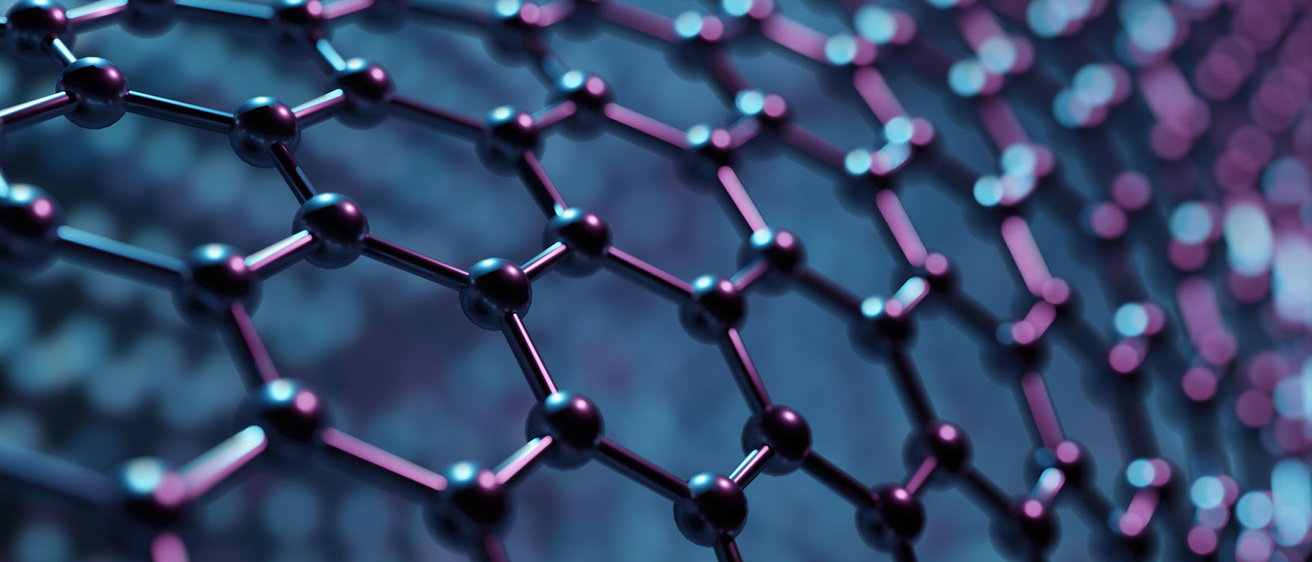News
Uppu Awarded NSF CAREER Grant
Monday, March 11, 2024
The National Science Foundation has awarded Assistant Professor Ravi Uppu a $550,000 CAREER grant a prestigious five-year award given to early-career faculty for research and education. Uppu and his research team will explore the electronic and photonic properties of light-matter interactions at the single emitter level, enabling them to generate multiphoton entangled states of light necessary for practical quantum interconnects.
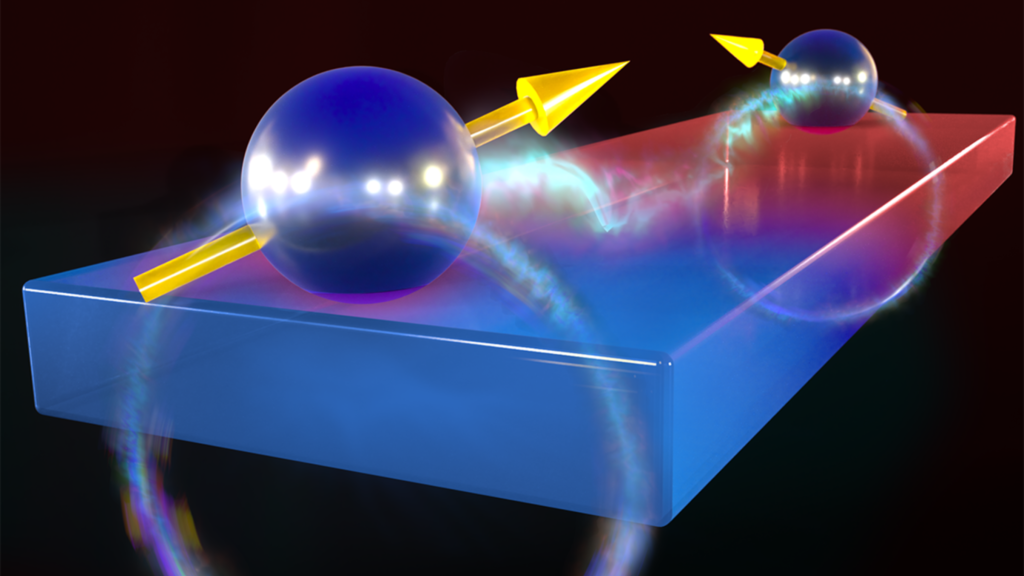
In novel quantum computer design, qubits use magnets to selectively communicate
Monday, January 29, 2024
Profs. Michael Flatte and Denis Candido collaborated on research that uses magnets to entangle qubits, the building blocks of quantum computers; the simple technique could unlock complex capabilities.
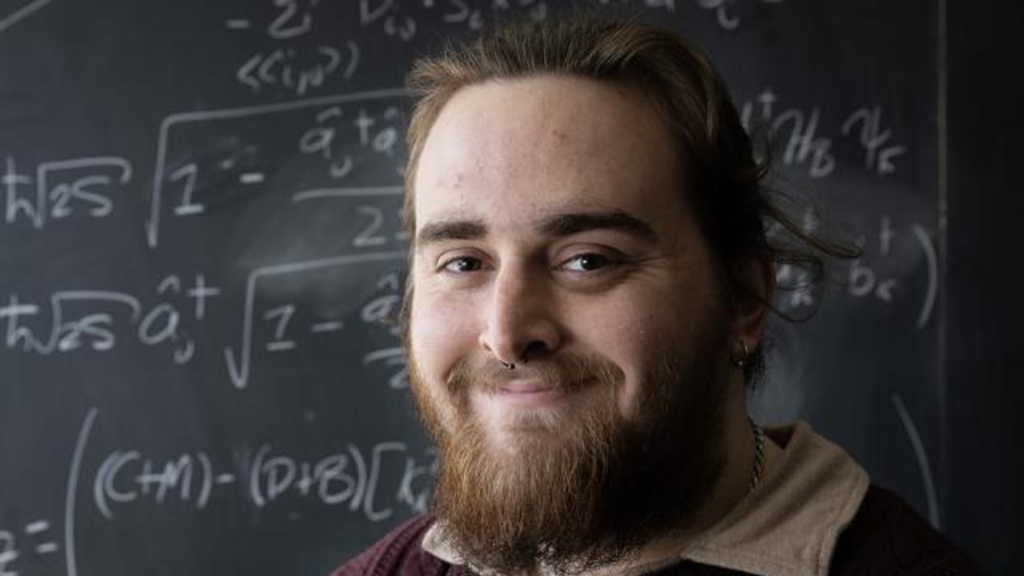
Leiberton Recognized For Presentation at APS Prairie Section Meeting
Tuesday, December 12, 2023
Undergraduate physics student Jeff Leiberton was awarded a Student Presentation Prize for his poster presentation of "Towards Topological Magnons for Hybrid Magnonic Systems" at the 2023 Fall Meeting of the Prairie Section of the American Physical Society (APS) held Nov. 30 to Dec. 2 at the University of Missouri-Columbia.
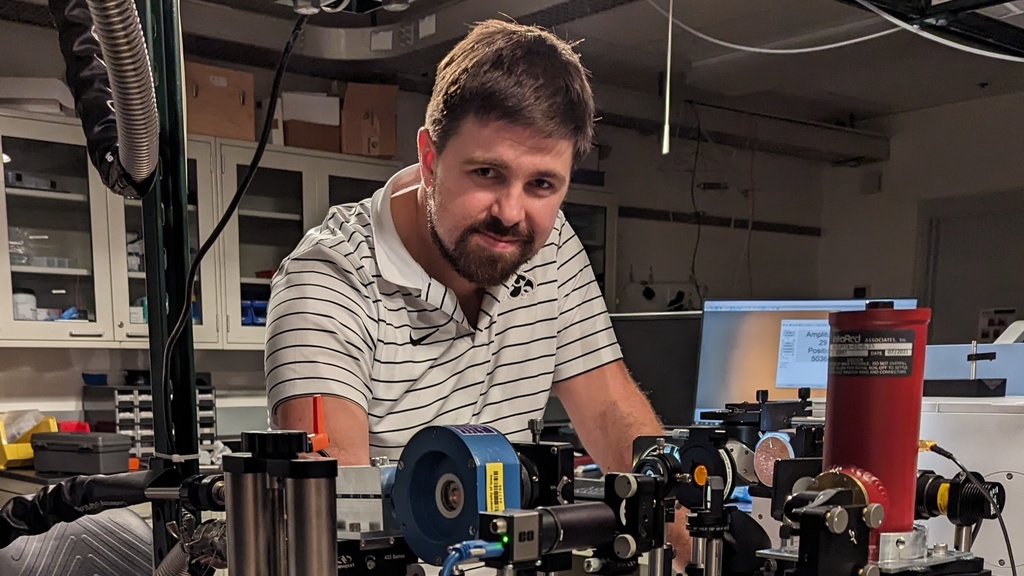
Folland Received Five Grants in 2023
Tuesday, September 5, 2023
Assistant Professor Tom Folland has received five grants this year, including a major CAREER award from the National Science Foundation.
Faculty Specializing in this Area
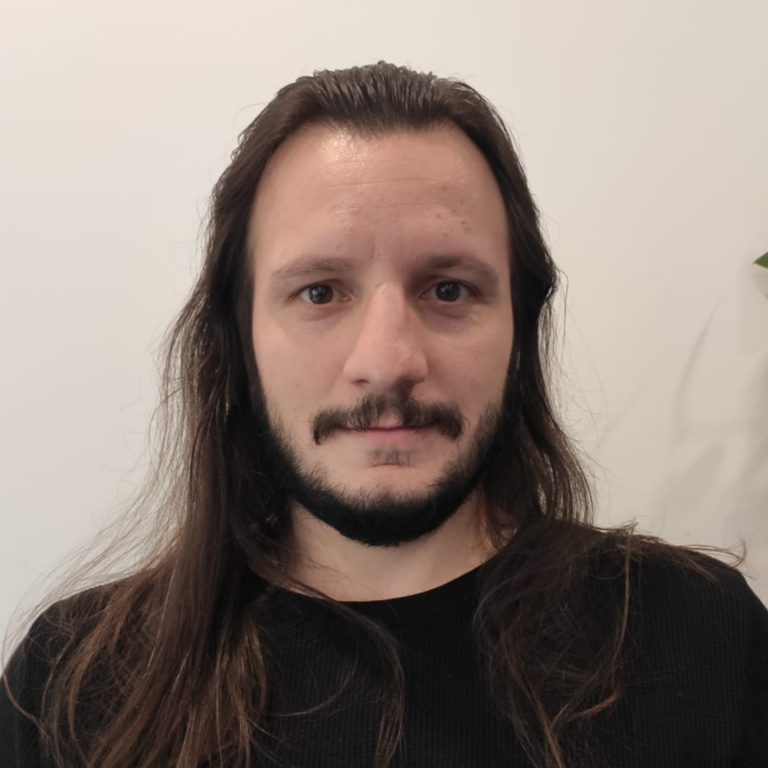
Denis R. Candido, Ph.D.
Title/Position
Assistant Professor

Michael E. Flatté, Ph.D.
Title/Position
Professor
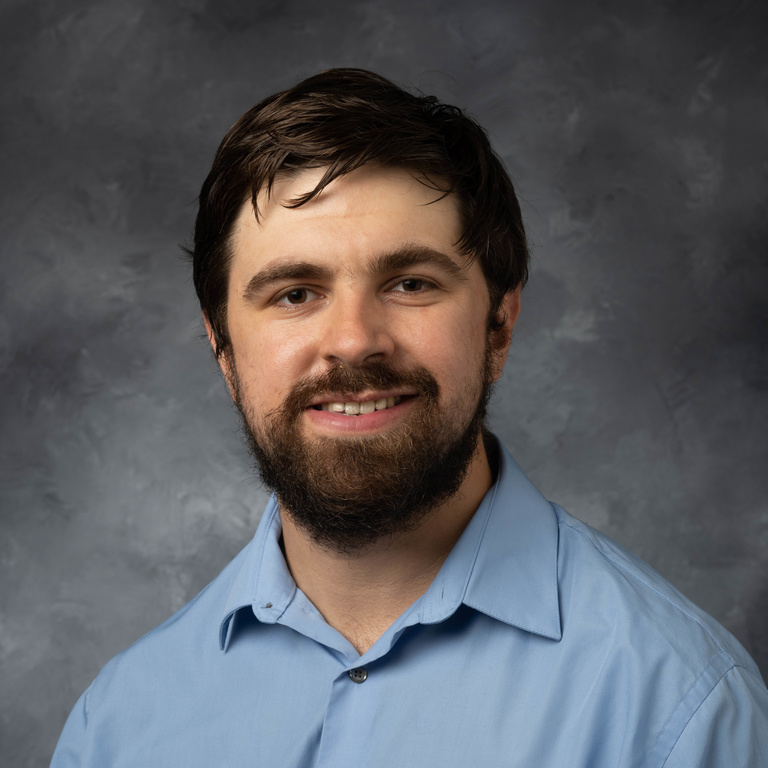
Thomas Folland, Ph.D.
Title/Position
Assistant Professor
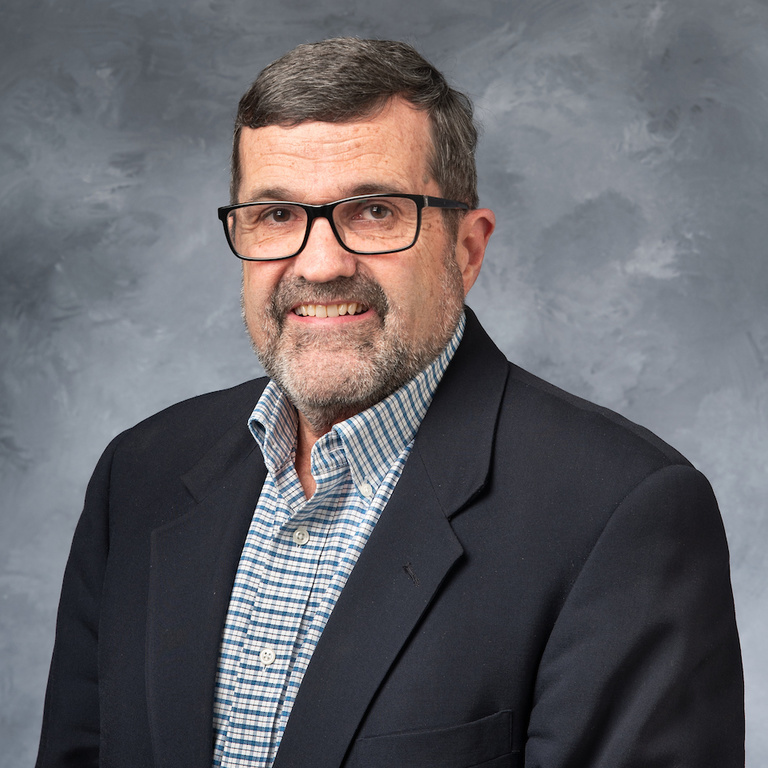
John A. Goree, Ph.D.
Title/Position
Professor
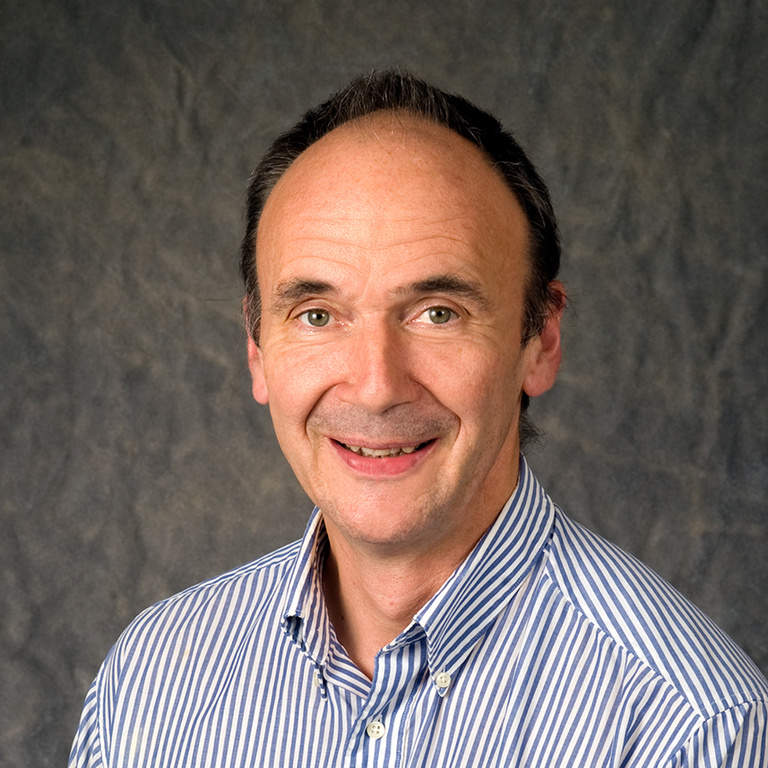
Yannick Meurice, Ph.D.
Title/Position
Professor
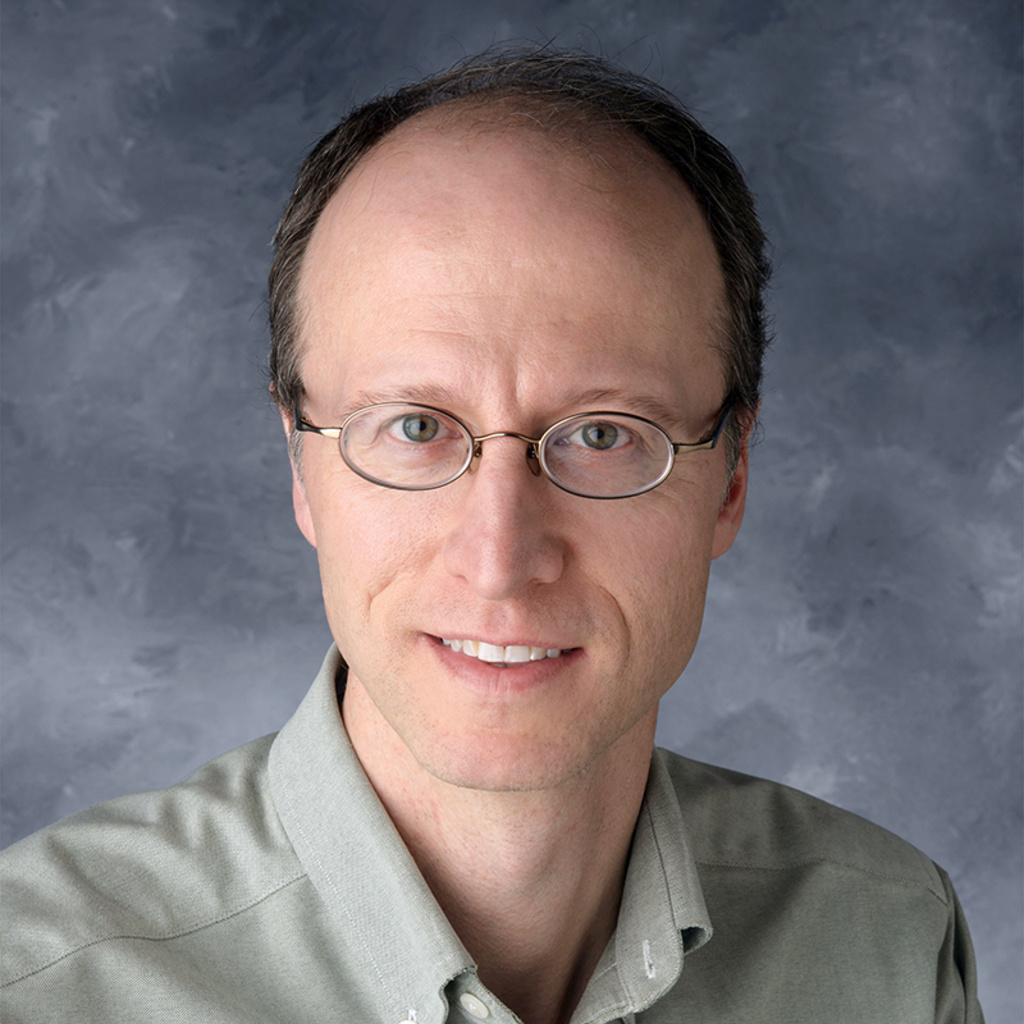
John P. Prineas, Ph.D.
Title/Position
Director of Research Operations
Professor
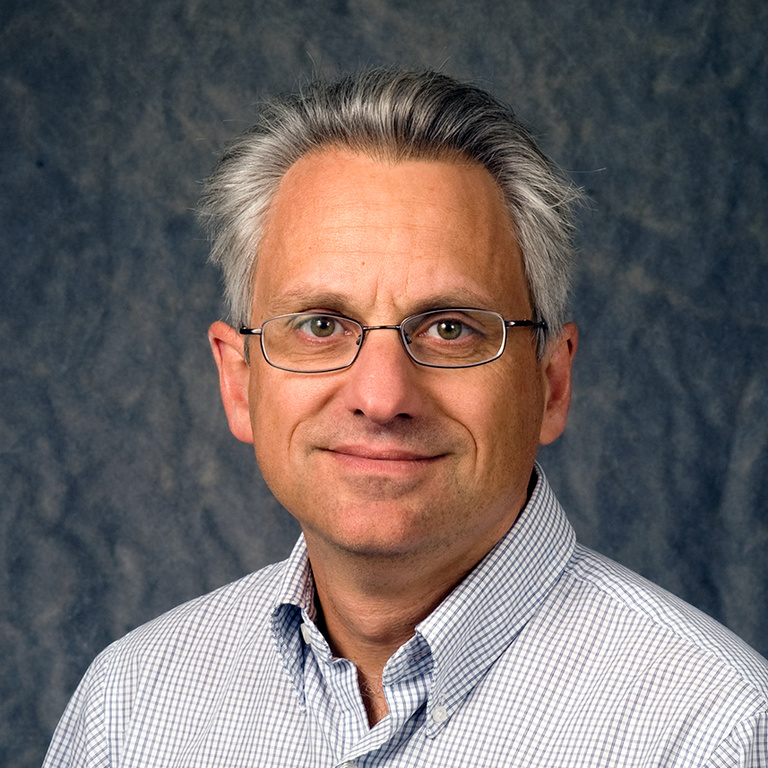
Craig E. Pryor, Ph.D.
Title/Position
Associate Professor
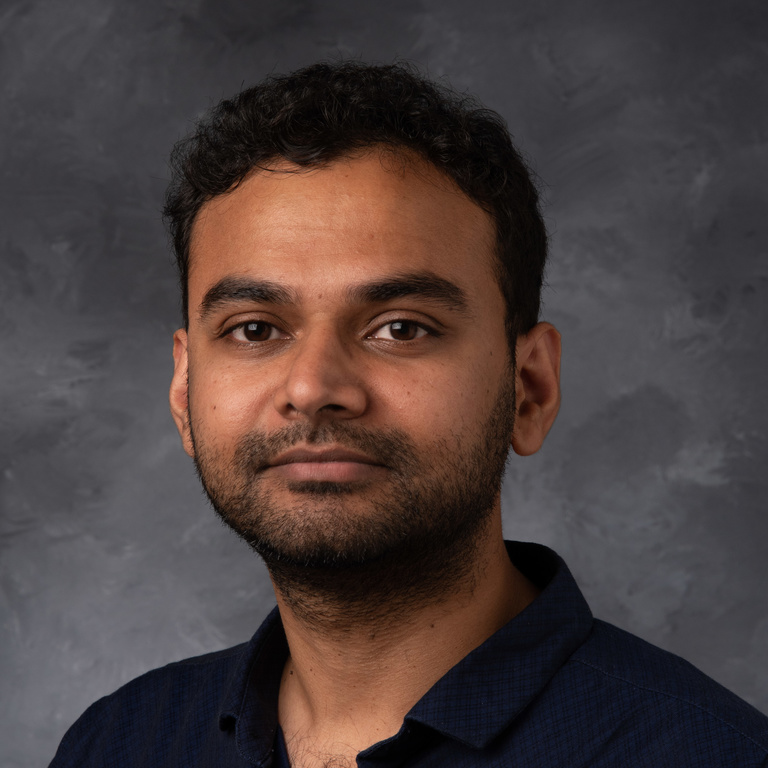
Ravitej Uppu, Ph.D.
Title/Position
Assistant Professor
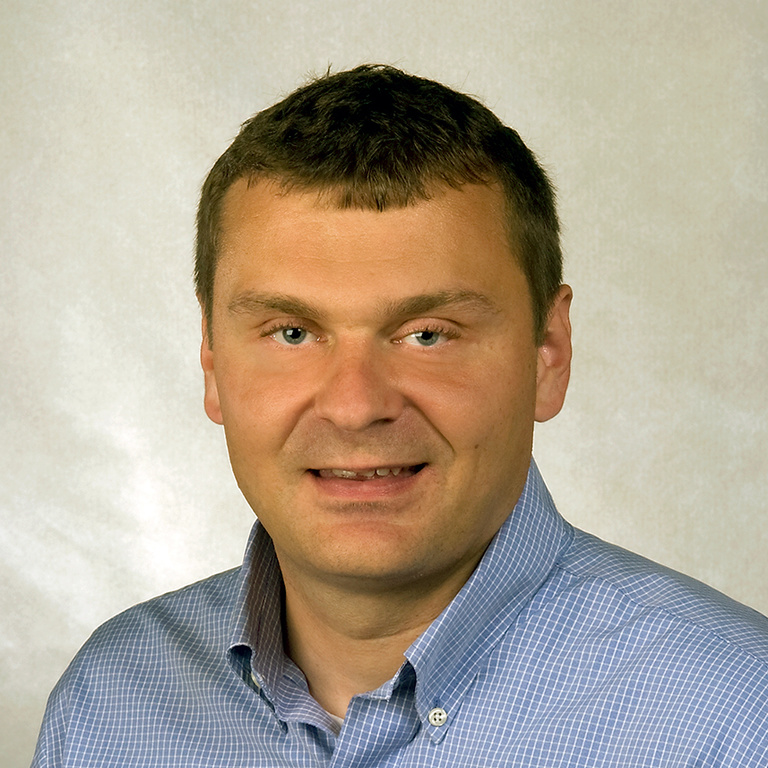
Markus Wohlgenannt, Ph.D.
Title/Position
Professor
Research Staff in this Area
There are currently no results to display.
